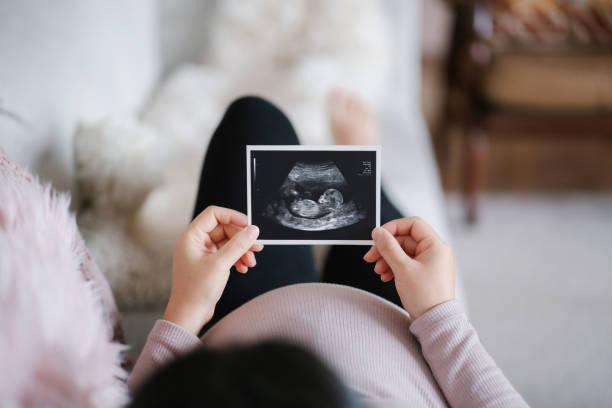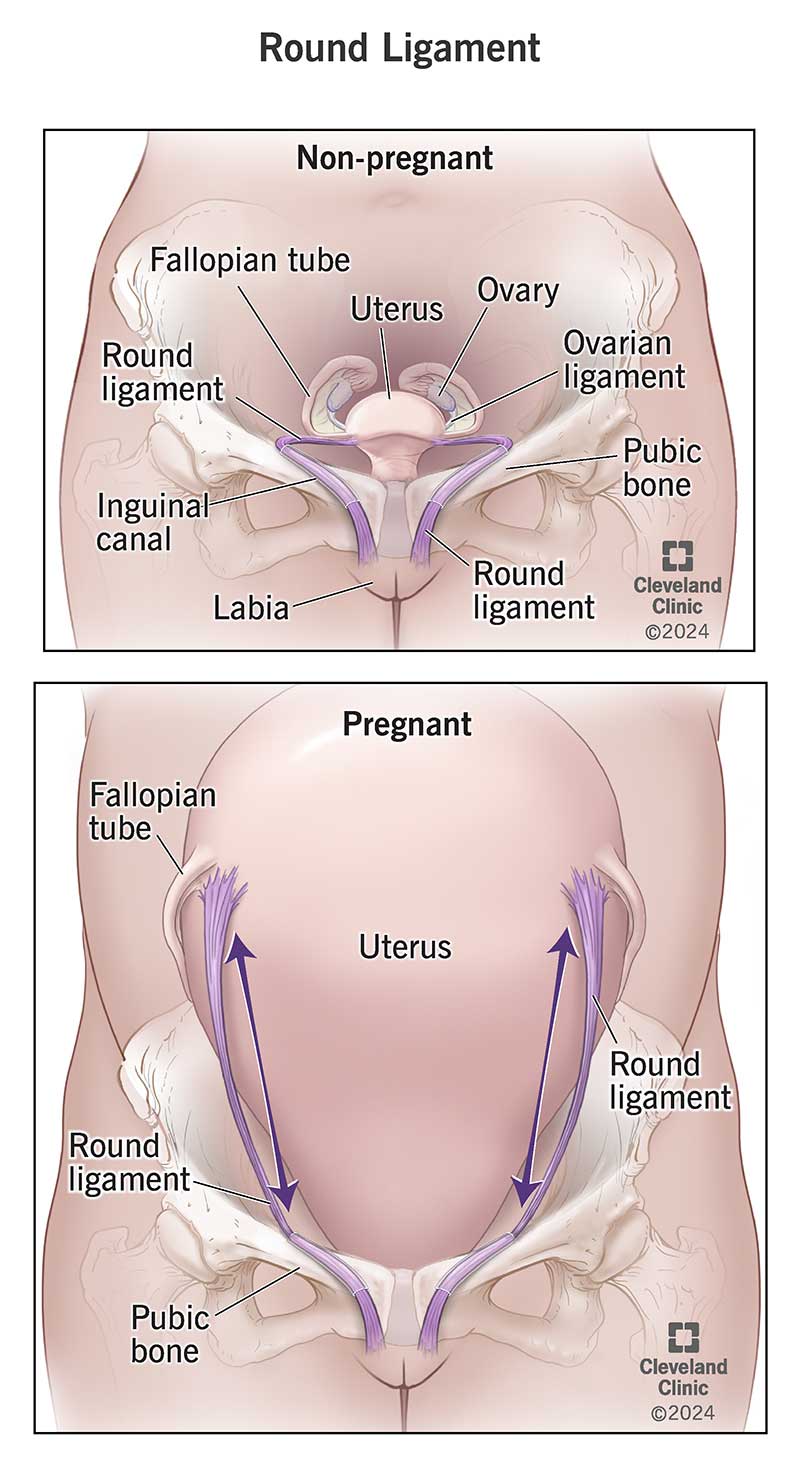Back
How Physical Therapy Can Help During Pregnancy
By Shannon Strauch, PTA, STMT-1 on 6/12/2024

How Physical Therapy Can Help During Pregnancy
Pregnancy is a transformative journey that brings about significant physical, emotional, and hormonal changes in a woman's body. While these changes are a natural part of preparing for childbirth, they can also lead to discomfort and health issues that impact a woman's quality of life. Physical therapy, particularly specialized prenatal physical therapy and pelvic floor therapy, can play a crucial role in alleviating these challenges, promoting a healthy pregnancy, and preparing the body for labor and delivery.
Understanding the Changes During Pregnancy
During pregnancy, a woman's body undergoes several changes to accommodate the growing baby. These include:
Hormonal Shifts
: Increased levels of hormones like relaxin cause ligaments to loosen, which can lead to joint instability and pain.
Postural Adjustments
: As the baby grows, the center of gravity shifts, often resulting in changes to posture that can cause back, neck, and pelvic pain.
Weight Gain
: The additional weight puts extra strain on muscles and joints, contributing to discomfort and potential musculoskeletal issues.
Pelvic Floor Changes
: The pelvic floor muscles must support the growing uterus, which can lead to weakness or dysfunction if not properly managed.
Round Ligament Pain
: The round ligaments, which support the uterus, can stretch and cause pain as the uterus expands.

The Role of Physical Therapy
Physical therapy during pregnancy is tailored to address these specific changes and promote overall well-being. Here are some ways in which physical therapy can help:
Pain Relief
Back Pain
: A common complaint during pregnancy, back pain can be managed with targeted exercises, manual therapy, and postural education.
Pelvic Girdle Pain
: Physical therapists can provide techniques to alleviate pain in the pelvic region through gentle exercises and supportive devices.
Sciatica
: Exercises to relieve pressure on the sciatic nerve can significantly reduce discomfort.
Round Ligament Pain
: Gentle stretching and supportive exercises can help manage pain caused by the stretching of the round ligaments.
Improving Posture
Physical therapists can teach expectant mothers how to maintain proper posture to minimize strain on the back and neck, reducing the risk of pain and discomfort.
Strengthening Muscles
Core Muscles
: Strengthening the core muscles can provide better support for the growing belly and reduce the likelihood of developing diastasis recti (separation of the abdominal muscles).
Pelvic Floor Muscles
: Exercises to strengthen the pelvic floor can prevent issues such as incontinence and support the body during labor and delivery. Strengthening the pelvic floor muscles also helps in maintaining continence and can reduce the risk of pelvic organ prolapse, both during and after pregnancy. Physical therapists can guide you through exercises like Kegels, which are specifically designed to target and strengthen these muscles.
Enhancing Flexibility and Mobility
Stretching exercises and gentle yoga can improve flexibility, making it easier for the body to adapt to the physical demands of pregnancy.
Promoting Circulation
Physical therapy can include techniques to improve blood flow and reduce swelling in the legs and feet, common issues during pregnancy.
Preparing for Labor and Delivery
Physical therapists can teach relaxation and breathing techniques, positioning for labor, and strategies to manage pain during delivery. This preparation can lead to a smoother labor experience and quicker postpartum recovery.
Managing Stress and Anxiety
Pregnancy can be a stressful time, and physical therapy often includes relaxation techniques and stress management strategies to support mental well-being.
Addressing Pelvic Floor Health
The pelvic floor plays a crucial role during pregnancy, labor, and postpartum recovery. Proper functioning of the pelvic floor muscles is essential for supporting the bladder, uterus, and bowel. Pregnancy can put a lot of strain on these muscles, leading to potential issues such as:
Incontinence
: Leaking urine when coughing, sneezing, or exercising is common during pregnancy and after childbirth due to weakened pelvic floor muscles.
Pelvic Organ Prolapse
: The added pressure from the growing baby can cause one or more pelvic organs to slip out of their normal position, leading to discomfort and other symptoms.
Pain During Intercourse
: Hormonal changes and muscle strain can cause pain during sex, which may persist postpartum if not addressed.
Physical therapists can offer various exercises and techniques to strengthen the pelvic floor muscles, improve their coordination, and reduce the risk of these issues. This may include:
Kegel Exercises
: Targeted exercises to strengthen the pelvic floor muscles.
Biofeedback
: Using machine or digital feedback on muscle activity, helping to ensure that exercises are done correctly.
Manual Therapy
: Hands-on techniques to release tension and improve muscle function.
When to Start Physical Therapy
It's never too early to start physical therapy during pregnancy. Ideally, women should begin as soon as they learn they are pregnant to establish a foundation of strength and flexibility that will support them throughout the pregnancy. However, physical therapy can be beneficial at any stage of pregnancy, even if it's later in the journey.
Conclusion
Physical therapy offers a holistic approach to managing the physical and emotional changes that occur during pregnancy. By addressing pain, improving posture, strengthening muscles, and preparing for labor, physical therapy can help expectant mothers experience a healthier, more comfortable pregnancy. If you're pregnant and experiencing discomfort, or simply want to ensure a smooth pregnancy journey, consider consulting a pelvic floor physical therapist who specializes in prenatal care. Your body will thank you for it!
Reach out to us at Pelvic Health Center in Madison, NJ to set up an evaluation and treatment! Feel free to call us at 908-443-9880 or email us at receptionmadison@pelvichealthnj.com.
Read More:
How Chronic Pelvic Congestion in Men Contributes to Prostatitis By Shannon Strauch, PTA, STMT-1 on 12/11/2024 How lymphatic issues can cause symptoms of prostatitis Prostatitis and Tight Pelvic Floor Muscles: A Comprehensive Guide By Shannon Strauch, PTA, STMT-1 on 12/10/2024 How a tight pelvic floor can be the reason for prostatitis symptoms
Are you ready to live pain free?
Request An Appointment